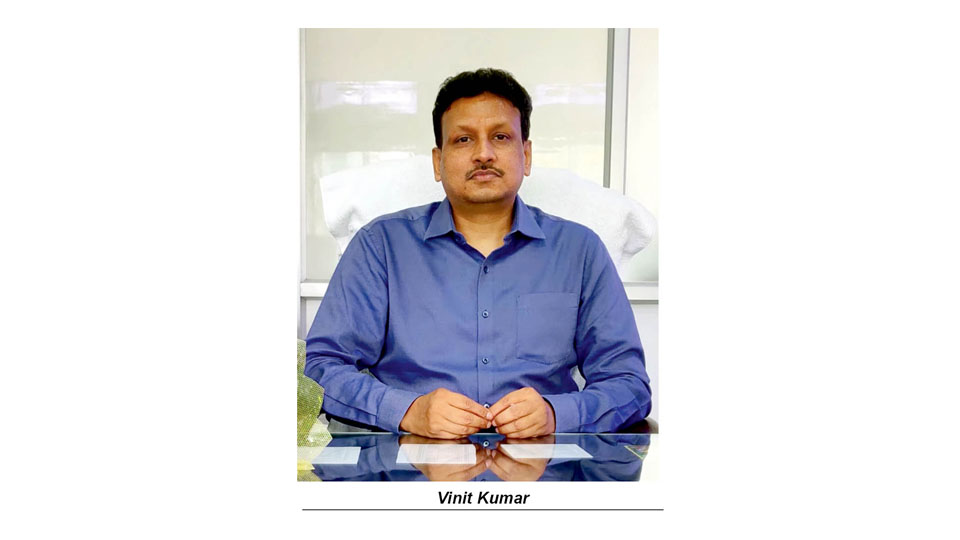Copyright smh

Even while Australian universities have achieved extraordinary, world-leading research outcomes and remarkable rankings success, many students remain dissatisfied with their education. Government policy and market pressures have redefined what success means for many Australian universities, and this in turn has eroded their core mission of educating students. The most recent data from the Quality Indicators for Learning and Teaching (QILT) on the annual Student Experience Survey (SES) presents a problematic picture. In 2023, undergraduate student ratings of satisfaction with the quality of the educational experience were 76.7 per cent across the sector. Postgraduate coursework satisfaction sat at 77.1 per cent. The figures show that nearly one in four students is dissatisfied. There are not many organisations that can sustain such levels of unhappiness for an extended period. Soon after I started as vice-chancellor of Western Sydney University in 2024, I convened an online webinar for our staff: to hear their views, answer their questions, and start developing a new strategy for the future of Western. The webinar attracted over a thousand people and was a spirited session. I then convened a similar event for our 50,000 students and the numbers were paltry, with only 25 turning up. Our students had sent us a clear message. We had to pivot to adopt their medium of communication, and this meant social media. We set up Instagram and TikTok live sessions that attracted over a thousand students. Student engagement was lively, with a lot of humour and great questions. It demonstrated the importance of engaging with our students in a space where they were happy to share their stories, including their struggles to afford food and their distress at the cost of their degrees. Interacting with our students on their terms is something I do as often as I can. I joke I am the first vice-chancellor in Australia on TikTok. This has taken me well out of my comfort zone, including having to do a headstand when I lost a bet. Social media is not an easy place for me, but for our students it is their civic space. My presence on social media forges connections that might otherwise prove difficult. I have had many students come up to say hello after recognising me as “that guy from TikTok”. Some then ask what I do at the university. They may not know me as their vice-chancellor (or even what a vice-chancellor is — something from Star Wars perhaps?), but social media has proved a great way to bridge the gap and start a conversation.



